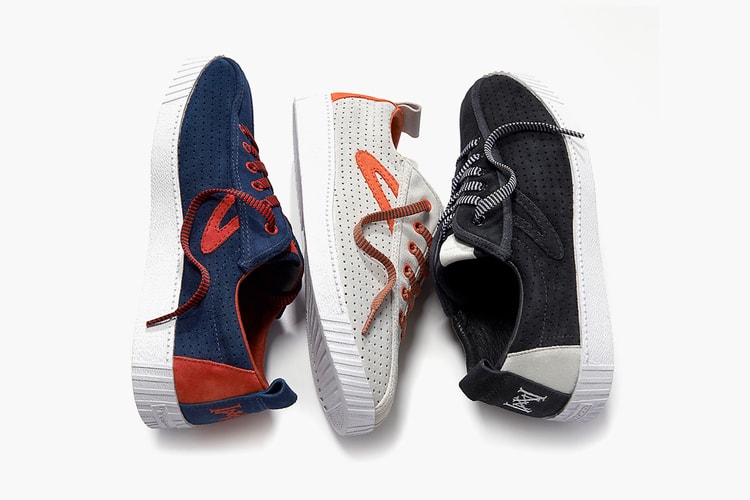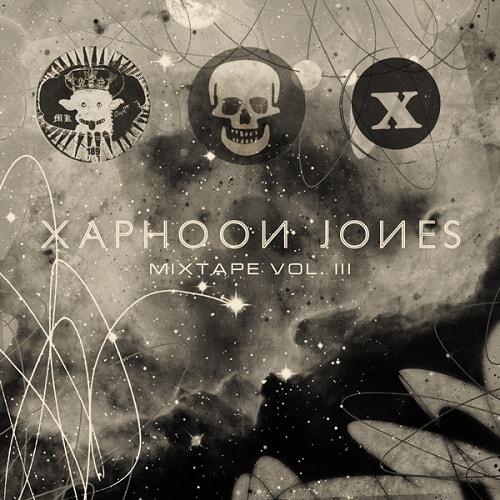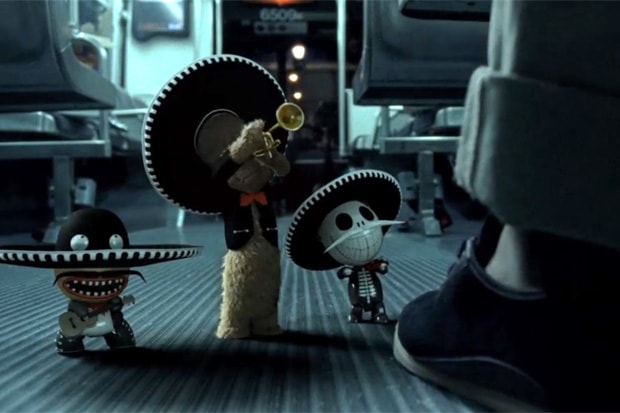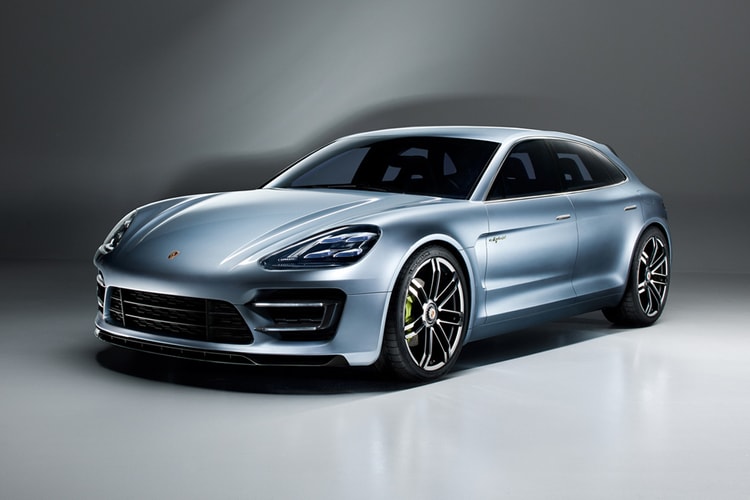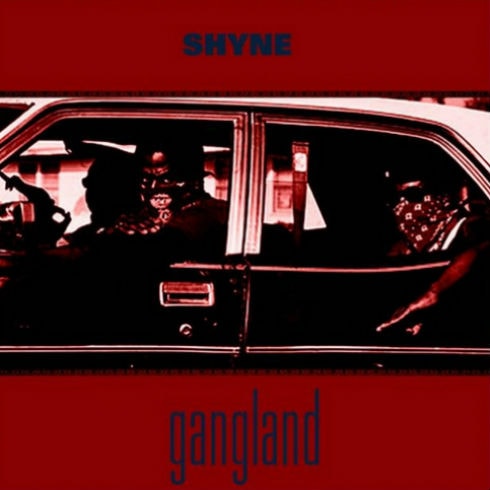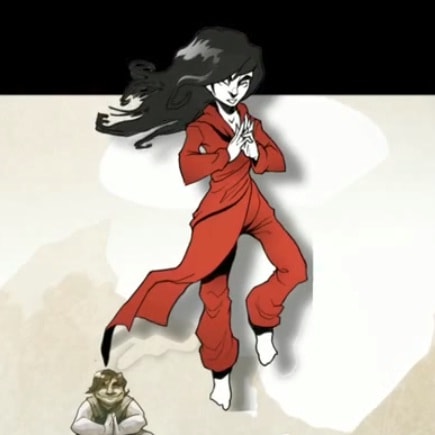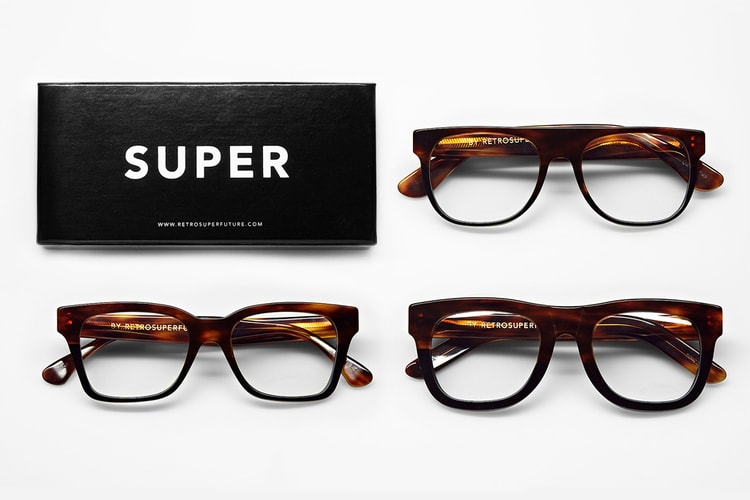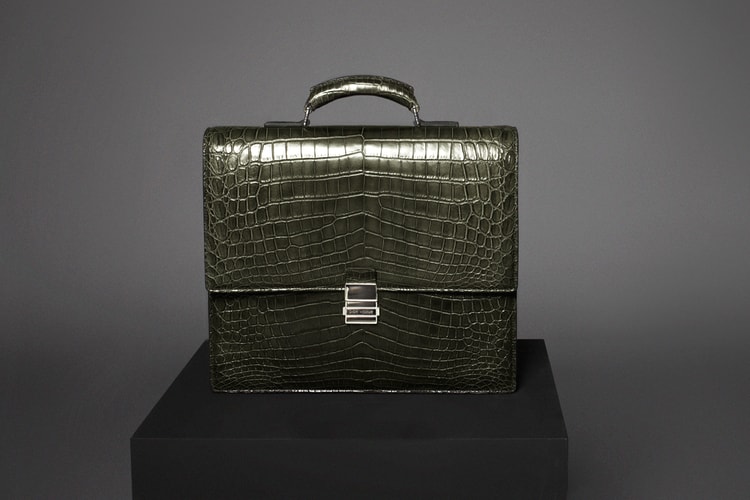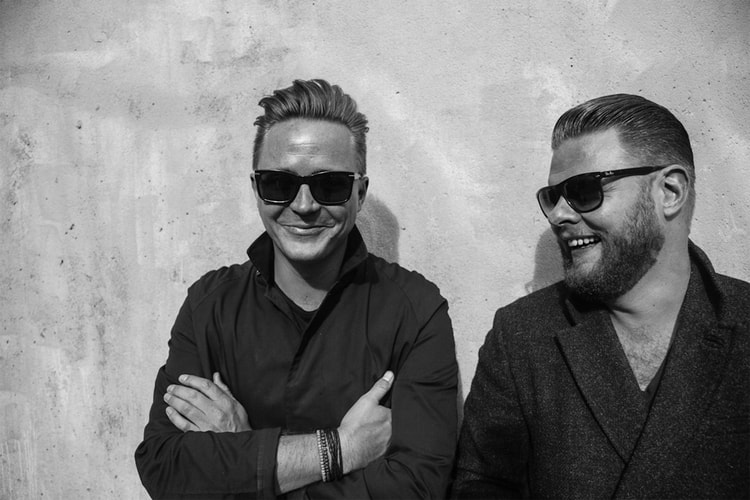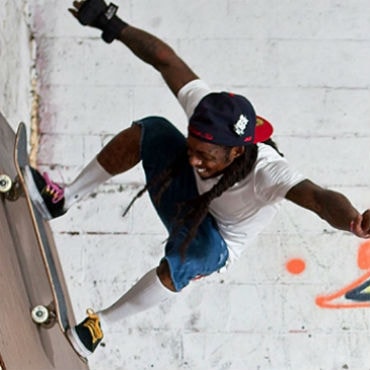Party Like a Rock Star: Is Hip-Hop the New Rock 'n' Roll?
The year was 2007; one-hit wonders Shop Boyz would release their summer anthem “Party Like a
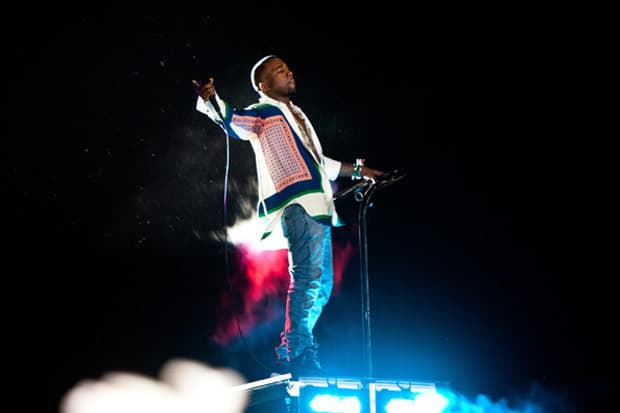
The year was 2007; one-hit wonders Shop Boyz would release their summer anthem “Party Like a Rockstar.” Filled with trite lines (“Me and my band man / On the yacht with Marilyn Manson”) and generic, wannabe heavy-metal guitar riffs, the only redeeming quality from the song, was its chorus. “Party like a rockstar,” those four words would make Shop Boyz co-signers of the rock star lifestyle, and usher in a legion of fellow hip-hop artists, with rock star mentalities.
Hip-hop has very well become this generation’s rock ‘n’ roll, and the use of the term “rock star” is an indicator of that. Similar to their rock counterparts, present-day rappers are renowned for both their music and outrageous behavior. Even on a superficial level, we see rappers emulating the “rock star” image. Super tight skinny jeans, T-shirts and eccentric hairstyles — some rappers prefer these alternatives to the baggy and oversized clothing common in hip-hop.
Nowadays it is commonplace for rappers to assert their rock star lifestyle. Danny Brown, Tyler, the Creator, Angel Haze — artists prefer to be thought of as rock stars to rappers. “Rock stars get to do whatever the f**k they want,” said Haze in a recent interview with The Guardian. “They don’t have the stigma attached to them — [that] you have to be a thug, you have to have been shot, you have to be so hard that no one ever suspects you’re gay.”
Haze makes a compelling argument. Unlike rock artists, rappers are often critiqued on their street credibility, over what’s most important — their music. Female rappers experience a similar treatment; instead of hood credibility, they have to present themselves as promiscuous — utilizing their sex appeal to achieve success.
And if rappers do not abide by the stereotypical norms common in hip-hop, they jeopardize possible label signings and record deals. Such was the case with Danny Brown when he missed the opportunity to join 50 Cent’s G-Unit, because of his fitted pants. “It was a real thing. 50 was with it; he just didn’t sign me because of my jeans,” said Brown in an interview with MTV last year. “He liked the music, but he didn’t like the way I looked.”
Rock artists rarely, if ever, have to endure such problems. Yeah Yeah Yeahs’ Karen O fronts a moderately successful band, without a promiscuous persona or relying on attractiveness. And rock musicians have no uniform; they wear what they want without having to worry about judgment or scrutiny from their peers. Why can’t hip-hop work in a similar manner, focusing primarily on the music, instead of superficial qualities?
Sure, hip-hop has made some notable accomplishments recently (its supporting of Frank Ocean’s coming out), but old-age stigmas prevent the genre from progression. Rock music (for the most part) has been an open gate for artists of varied backgrounds, genders and sexual orientation. Hip-hop is barely catching up.
But rappers’ infatuation with the rock star lifestyle is much more than the freedoms that come with it. It’s also an indicator of a new generation of rappers that are influenced by unconventional artists.
Considering hip-hop’s hyper-masculine-driven world, it may be difficult for certain up-and-coming rappers to relate to their peers. This is why you have artists like Tyler, the Creator being heavily influenced by the Sex Pistols’ Sid Vicious, or Joy Division’s Ian Curtis. “When I’m onstage, it’s, like, Ian Curtis and Sid Vicious–like, real punk rock and sh*t,” said Tyler in an interview with Interview Magazine.
Same with Brown: “I’m studying David Bowie” said the rapper in an interview with Noisey, earlier this year. “I take his mentality, which is perform your music for the people that want to hear it.”
Musically, rappers are also taking influence from rock music. Take Kanye West’s hit single “Power” for instance. The production of the song centers on King Crimson’s progressive rock classic, “21st Century Schizoid Man.” And how could we ever forget Jay-Z and Linkin Park’s Collision Course, an album that gave us the memorable “Numb/Encore” mash-up?
And on a much grander scale some rappers have even created extravagant live performances, reminiscent of those made by Queen, KISS and David Bowie. West’s grandiose performance at last year’s Coachella is a definitive example of this. Set atop a futuristic crane glowing in the sky, West began his 90-minute set with “Dark Fantasy,” before making his way onstage where he was greeted by a group of majestic dancers.
Like David Bowie’s renowned Ziggy Stardust Tour, or KISS’s elaborate live shows during the 1970s, West’s set redefined the live performance experience, and what to expect from it. His performance has since gone down in history, as one of Coachella’s and hip-hop’s most theatrical performances.
Hip-hop is an ever-changing culture; the fashion, sound and influences are evolving each day. Rappers adopting a rock star lifestyle are perpetuating this change, allowing future artists the freedom of experimentation, and ultimately shaping hip-hop’s future.
“We hustle hard / No sleep.” These are words music journalist Elijah Watson lives by. Watson is currently a student at the University of Texas at Austin, majoring in journalism. He also serves as senior entertainment writer for The Daily Texan, the school’s student newspaper, and a contributor to the college section of the Huffington Post. When he’s not critiquing the next big thing in music, Watson can be found listening to hip-hop, ranting about his desires to be an honorary member of hardcore punk group Trash Talk and making new friends on Twitter.














